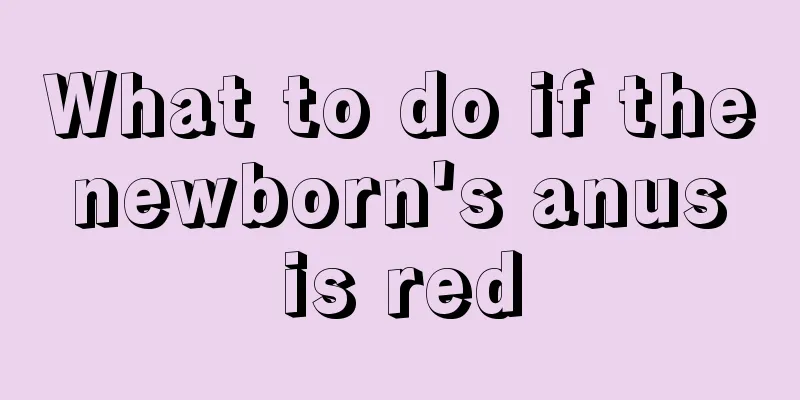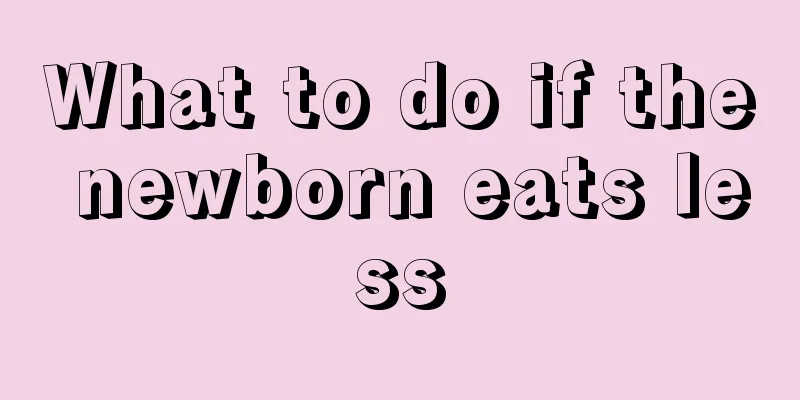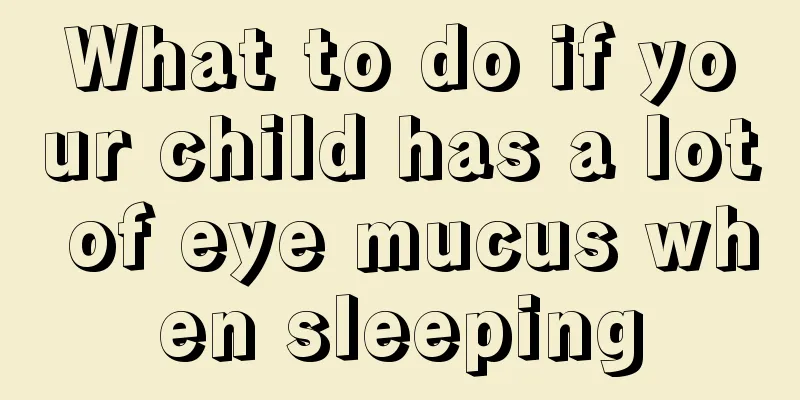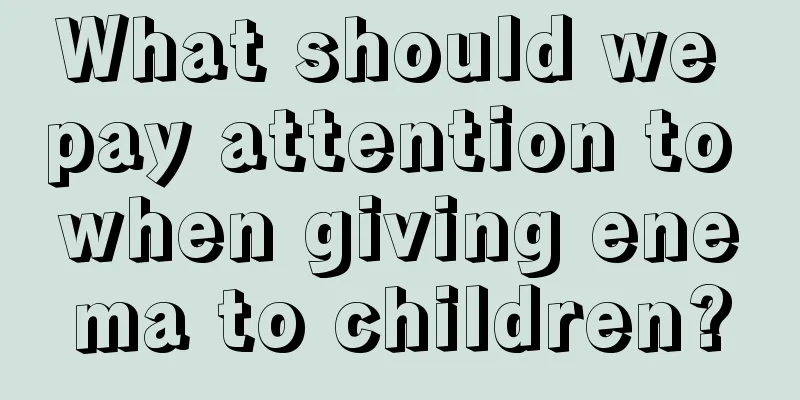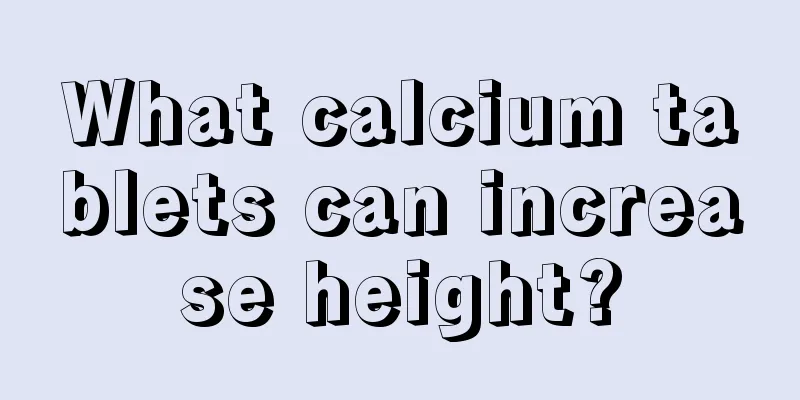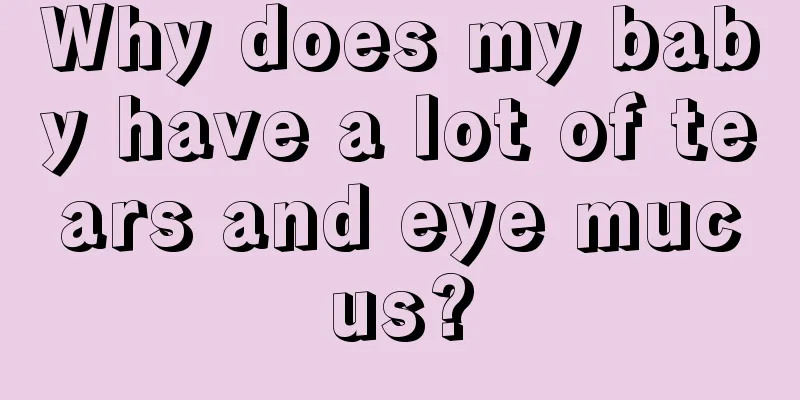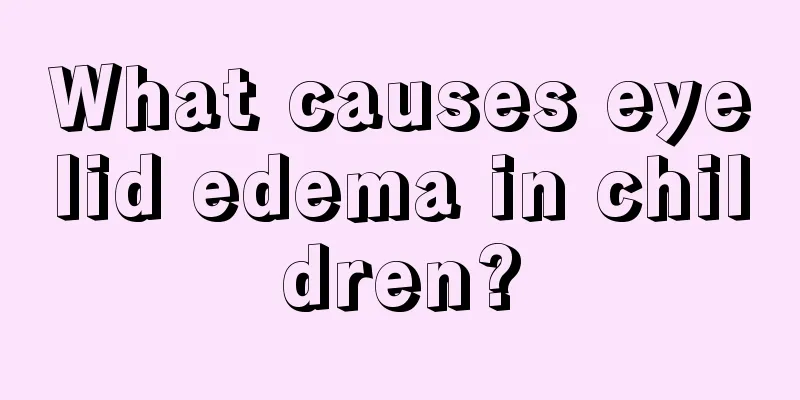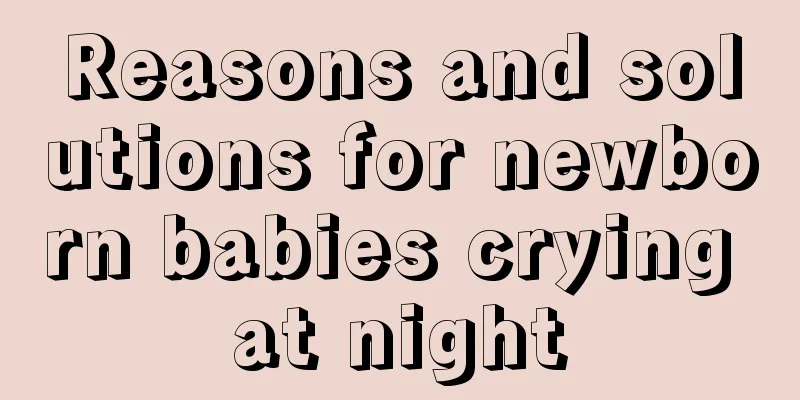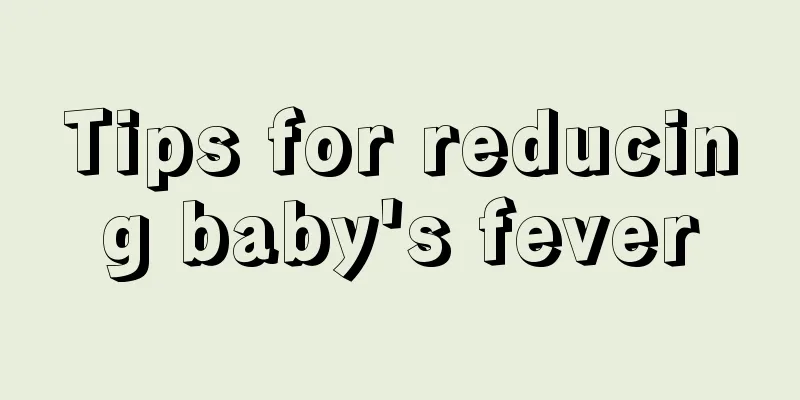Symptoms of high fever convulsions in babies
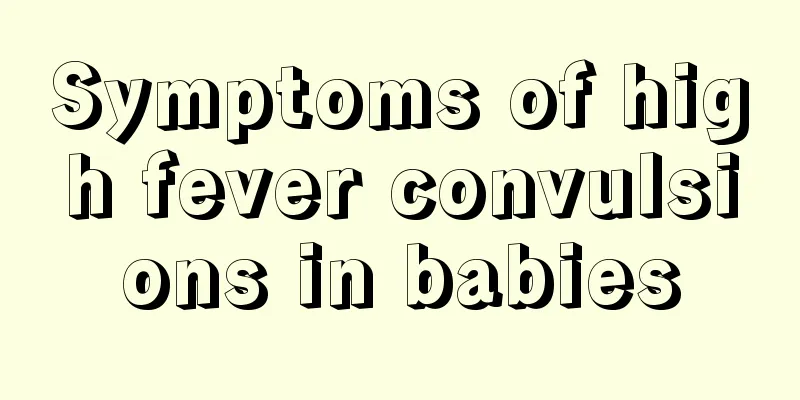
|
A baby's high fever convulsion refers to a condition in which the baby becomes weak, unconscious, or even falls into a coma while having a fever. This condition occurs more frequently in infants and children. A baby's high fever convulsion is mostly a symptom caused by the baby's fever. It is one of the obvious emergencies and requires timely medical attention once it occurs. So what are the symptoms of high fever convulsions in babies? Let’s find out together! The causes of childhood convulsions can be divided into two categories: infectious (febrile convulsions) and non-infectious (afebrile convulsions) according to the presence or absence of infection. According to the site of involvement of the lesion, it is divided into intracranial and extracranial types. Febrile convulsions are a common medical condition. About 3% of infants and young children aged 6 months to 6 years will experience convulsions when they have a fever or high body temperature. When normal brain activity is disrupted, a febrile seizure can occur. A high fever seizure often occurs without warning. During a febrile seizure, your child may have the following reactions: his body becomes stiff or limp, he becomes unconscious or unaware of his surroundings, he has convulsions, and he has trouble breathing. Infantile convulsions, commonly known as seizures, are one of the most common emergencies in children. The main symptoms are uncontrollable contraction of whole body or local muscles, and there may be impaired consciousness. There are many causes of seizures in children. The more common ones are infections caused by bacteria and viruses, such as influenza, pneumonia, whooping cough, typhoid fever, dysentery, etc. In addition to causing poisoning and convulsions in children, these diseases can also cause convulsions due to high fever, which is called febrile convulsions. This type of convulsion often occurs during a fever and lasts for a short time. The person wakes up when the convulsion stops, and it is rare for more than two convulsions to occur during one fever. The convulsions will stop when the fever subsides. But it can recur, and convulsions may occur when a fever occurs. Through the above introduction, we know that the symptoms of high fever convulsions in babies are generally that the body becomes stiff or limp, consciousness becomes confused, breathing becomes difficult, and the whole body convulses, etc. In this case, parents must not panic and blindly provide treatment. They should go to a regular hospital in time to have a doctor examine and treat their child to avoid delaying the disease. |
<<: What cures cough for children?
>>: Reasons why baby has a persistent high fever
Recommend
What to do if children have a fever after eating too much
Nowadays, babies are the center of the family. Pa...
What to do if your eight-month-old baby has a stuffy nose
It is normal for children to catch a cold. Someti...
What is the cause of the redness of the urethra of a baby boy?
Parents think that it is easier to take care of a...
Why is my baby's stomach growling?
When solving baby problems, you cannot choose imp...
What are the symptoms of food indigestion in children
Food accumulation is a term in traditional Chines...
What is a normal temperature for a child?
Body temperature is the normal temperature of a l...
White spots on the child's legs
Since children generally do not pay much attentio...
Why does a child cry because of ear pain?
Ear pain is actually very common in children, and...
What are the symptoms of poor spleen and stomach in children?
Parents need to pay attention to their children&#...
The difference between baby rubella and exanthema
Many people think that baby rubella and roseola a...
What are the consequences of precocious puberty in children?
Many children are diagnosed with precocious puber...
What to do if your child has loose stools
We know that once a child has diarrhea, it will h...
What toothpaste is good for a three-year-old baby?
When children are young, parents should cultivate...
What to do if a one and a half year old baby has red bumps on his body
We all know that once there is a skin problem, it...
At what age is it best for children to start taking calcium supplements?
Children are in the best time of growth and devel...
